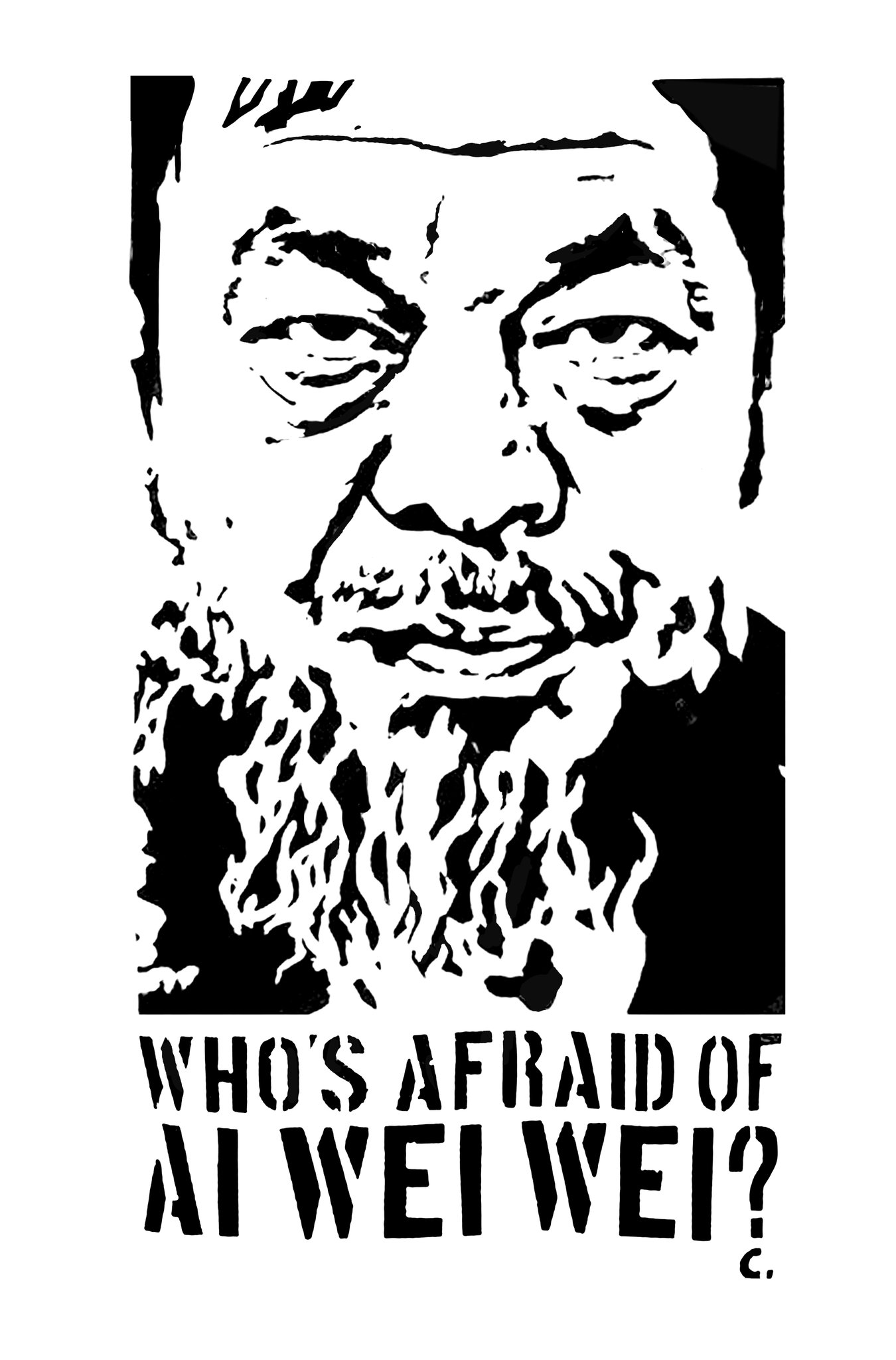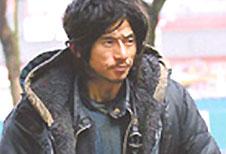Twilight of Common Dreams
 Friday, July 8, 2011 at 02:04PM
Friday, July 8, 2011 at 02:04PM STS-135, the Shuttle Atlantis, screamed into orbit today. That's it for the Shuttle programme. Here's a column I wrote for Maclean's two summers ago, about the how our dreams of space travel were always embedded in History.
****
The news media reported last week that NASA’s robot rover Spirit, stuck in the Martian equivalent of a ditch, is still spinning its wheels in the deep powder like some suburban doofus trying to free his SUV from a snowbank.
NASA scientists have been working hard trying to figure out some way of rocking the space buggy free, and they hope to give this a shot in a few weeks. But in the meantime, the trapped robot explorer serves as a perfect metaphor for humanity’s entire extraterrestrial ambitions.
For space keeners, this should be a week of at least mild celebration. After six tries, the space shuttle Endeavour finally made it into orbit, on its mission to complete the construction of a Japanese-designed veranda that will house science experiments outside the pressurized space station. There are more humans in orbit than ever before, including two Canadians. Encouraging, no?
No. The mission comes framed against the attention given to the 40th anniversary of the Apollo 11 mission that saw humans bounce around for the first time on another world. And in light of what Armstrong and Aldrin accomplished, and the era of great exploration that everyone expected would follow, the baker’s dozen of astronauts spinning around in low orbit, still caught in the clutches of the earth’s gravitational pull, looks pretty pathetic. As Tom Wolfe, the prose-poet of America’s quest for the stars, put it in a recent op-ed for the New York Times, “If anyone had told me in July 1969 that the sound of Neil Armstrong’s small step plus mankind’s big one was the shuffle of pallbearers at graveside, I would have averted my eyes and shaken my head in pity.”
But here we are, four decades gone, and the spacefaring dreams of humanity are dead and buried. Not only have there been no manned missions to Mars and no permanent moon bases, no human has so much as ventured out of orbit since 1972. It’s as if humanity, having learned to swim by being tossed right into the deep end, opted to spend the rest of the time by the pool clutching the edge.
For decades now, the “space program” has amounted to little more than strapping some humans to a tube, sending them roaring thuggishly up through the atmosphere, and—once finally free of the cloying wetness of air—stopping dead, only to whirl about the earth in the name of science. Imagine if Columbus, having brought the Nina, Pinta, and Santa Maria safely back from the new world, spent the rest of his career tacking back and forth in the harbour at Palos, studying seasickness or testing chronometers.
Of course there are loads of excuses for why we’ve spent the last four decades doing space doughnuts. It’s expensive. It’s hard. It’s slow. It’s cold. There’s no air. No gravity. And when they aren’t crashing, getting lost, forgetting to return phone calls, or getting stuck in space dust, robots can do whatever sciencey things we need done up there.
But we all know the real reason we abandoned space exploration: Communism failed, the Americans won, and history ended. John F. Kennedy did a good enough job wrapping the moon mission in a lot of “for all mankind” hokey-pokey, but that’s not the UN flag stuck in the dirt in the Sea of Tranquility. As the Lyndon Johnson character in The Right Stuff put it, “I for one do not go to bed at night by the light of a Communist moon.”
The space race, and all the hopes and fantasies it inspired, was always a creature of the Cold War, an exercise in superpower one-upmanship. That doesn’t mean the ideals it inspired were false or not worth pursuing, only that it is on this field of striving, the prideful struggle for recognition, that courage, honour, and daring find their home.
There is nothing noble or honourable about our ambitions in space these days, no serious pride to be taken in what we’re accomplishing. Putting together the space station is dangerous work, but big deal. So is working on an oil rig, and we don’t build monuments or sing hymns to oil rig workers.
It would be nice if the Chinese got more aggressive in space, especially if they were to make a serious go at Mars. Perhaps the fear of the red planet becoming a Red planet would help shake the Americans out of their orbital slumber. But it is not America that is the real problem here, nor is it about “the West.” It is the honour of all humanity that is on the line.
Because the odds are that some day, eventually, we’re going to be visited by an alien civilization. It may be next week, it may be in the year 12009, but over the near-eternity of time this galaxy is surely going to fill up with a buzzing curiosity of life. Intelligent races will rise who will look to the spiral arms of the Milky Way, wonder what’s around the next bend, and set out to take a look.
When they get here, what will they find? An intelligent but distracted species fussing with Facebooks and iPods and Xboxes while a great game unfolds over their heads. Indeed we may have missed our window of opportunity to leave earth; with all the developments in information technology, the appeal of moving in outer space fades in comparison to the easy amusements of virtual space.
But the shame of it all. On their way here the aliens will see the Spirit rover, stuck for millennia in the Martian mud. They will look around and see our footprint on the moon, no bigger than a baseball field. And they’ll point at us, galactic laughingstocks, the species that looked briefly to the stars and said, “no thanks.”






